Winona State tackles sustainability
A student using one of the many recycling bins on campus. According to Nathan Engstrom, Director of sustainability at Winona State University, by spring semester they wish to use a different style of signage for the new containers.
December 4, 2019
The conversation of sustainability is a fairly new at Winona State University.
The director of sustainability position at Winona State University was created in 2017, and Nathan Engstrom was hired for it.
According to Engstrom, the position was created because there were a few random tasks that did not make sense to put under any other job description in the facilities department.
Engstrom had a disposal analysis of the campus completed in the fall of 2018 by WasteCap Resource Solutions.
The report stated that administrators at Winona State were not involved in the waste reduction aspects of the university.
“When it comes to their waste reduction efforts, [Winona State] has little top-level engagement. There is ‘no one at the helm’ per say,” the report stated.
Engstrom said he does not agree fully with the statement from the report because he believes a waste reduction effort has not been a priority of the school.
“I think it’s more an issue of ‘isn’t engaged in’ or ‘hasn’t clearly created a priority of’,” Engstrom said. “Nobody is saying there is opposition or people are directly opposed to things or are trying to prevent things or anything like that. It’s more kind of neglect, benign neglect, it just hasn’t been on the priority list.”
Jeanne Franz, a chemistry professor and program coordinator at Winona State University, said she does not agree with the statement either. She said on the university sustainability committee, there are two administrators who are in favor of sustainability.
“Obviously, it does not have all administrators because it’s supposed to be an accurate representation, but no, they are very for it,” Franz said.
Engstrom said part of what the company saw was a lack of goals and prioritization. There is no such thing when it comes to waste reduction at Winona State.
“We don’t have clearly established goals for waste management. We don’t have established priorities specific to this and it’s just something that is just taken for granted in a sense that we just kinda do what you are doing, but we don’t have clear expectations for doing something better or differently,” Engstrom said.
The WasteCap report also mentioned many ways for the university to save money by implementing various waste reduction campaigns.
“WSU could cut purchasing costs by $50,000 per year, pick up $12,000 per year by right-sizing collection service and reduce hauling costs by $8,000 per year if the material was placed in the correct streams,” the report stated.
It also stated that within five years, these numbers could double if there is an aggressive push by leadership.
Chartwells could allegedly save about $100,000 by using more reusable materials, like cups, and using more recyclable materials.
Another way the university could save money is by reducing paper and paper towel use. This could bring savings of $70,000 per year.
There would have to be money spent on different machines like hand dryers in order to do this.
There have been various plans that the facilities department has put in place to help with waste reduction efforts.
Engstrom said in the past, the facilities department went through and tried to standardized signage. They put signs up by all the bins with instructions about what can and cannot go in the recycling bins.
The department also put in new trash and recycling bins around the campus.
In the future, the department says they want to put new containers in certain locations. By spring semester, they wish to also use a different style of signage for the new containers. They hope these new bins would provide more information on what can be recycled.
That effort helped with one concern Franz brought up. Franz said she would like to see more co-location when it comes to containers. That would mean having a trash bin wherever there was a recycling bin.
“I mean it’s just a natural instinct if you have something in your hand that you don’t want anymore, you look for the first place you can get rid of it, even if it is recyclable,” Janz said. “You are not going to hold it in your hand till you can find recycling can.”
Engstrom said he thinks the biggest issue is getting information out there. Each county is different, so as students move to Winona, they keep recycling items that might not be recycled here.
“[We are] trying to make it as clear as possible what is recyclable and what isn’t because it varies so much from county to country and state to state, so if you are not from Winona you’re probably used to a different system,” Engstrom said.
Franz discussed how she would like to see the school participate in RecycleMania again.
RecycleMania is an annual competition for universities across the United States and Canada. The competition builds awareness on the campus and shows how well a university does at recycling and waste reduction.
Winona State stopped participating in the competition because it was a lot on one professor to plan for their class to do, or it did not fit into the curriculum of other classes.
“It would be nice to see a couple of professors to stand up and say you know RecycleMania would fit my curriculum goals,” Franz said.
There has been a rumor on campus about the university not recycling because students see General Maintenance Workers (GMW) throw recycling into a trash bin.
This is a rare occurrence according to Engstrom and Franz.
“The rumor is not true. That might have been an individual GMW putting stuff in the trash but if they see stuff like that, they should report it,” Franz said. “I think for the most part that does not happen and if it does, we want to know.”
Franz said the GMWs have been educated on the importance and need for recycling because they are the “first line of defense.”
Engstrom and Franz also talked about a trip they took a few years ago in which they followed a recycling truck from campus down to LaCrosse where it is sorted.
The two went with the county sustainability director, a representative from Chartwells, and the person in charge of the GMWs.
The group then got to watch the site sort all the recyclables.























































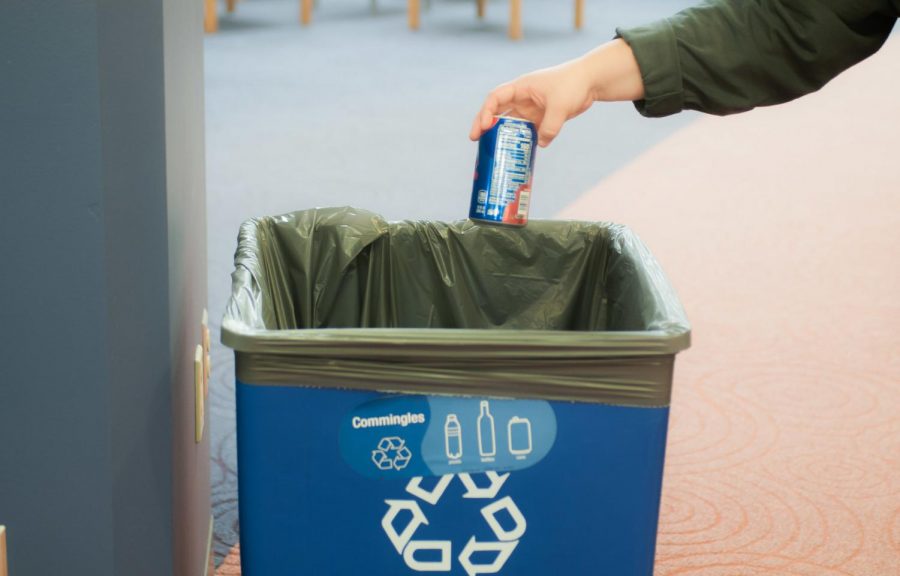
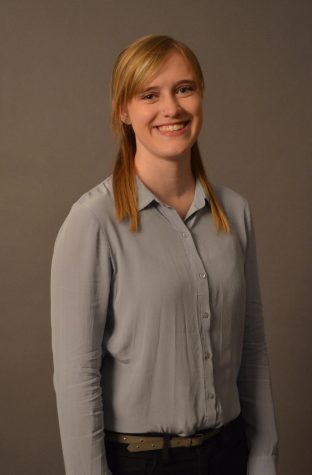





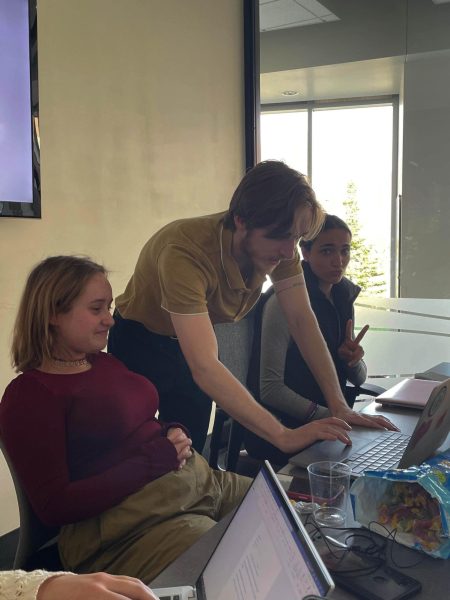
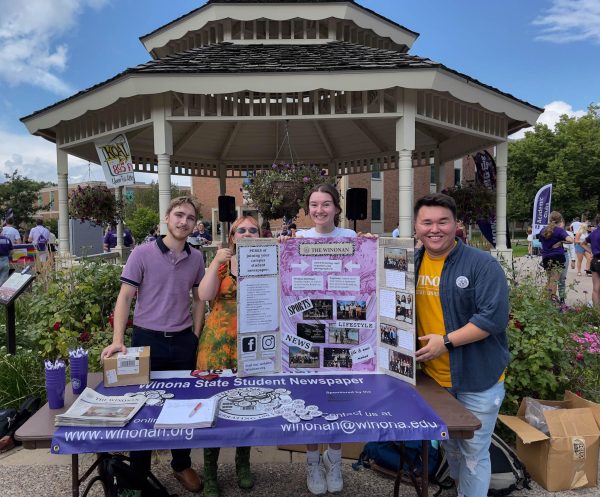
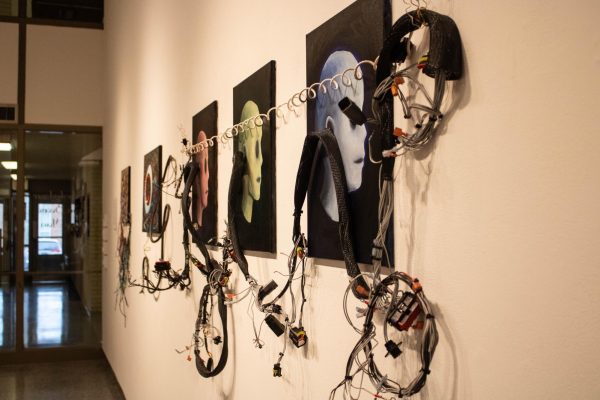
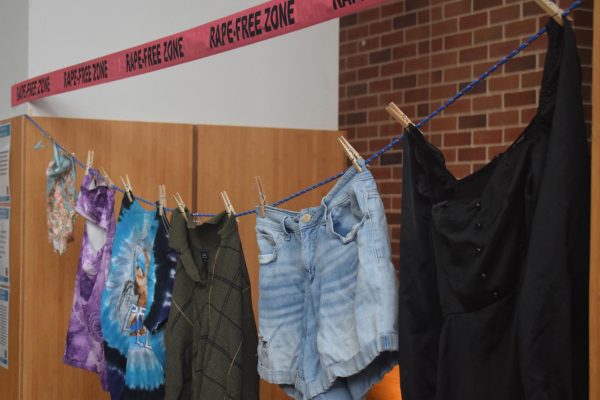
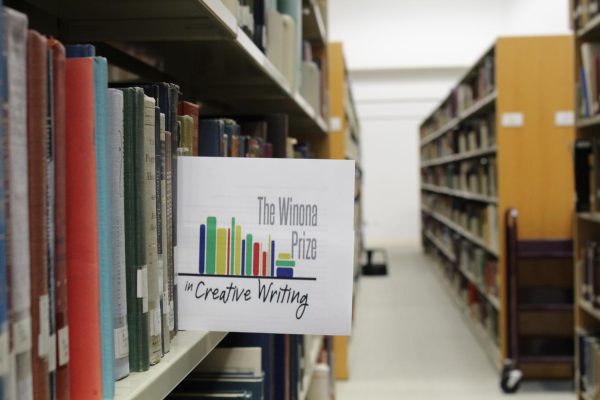

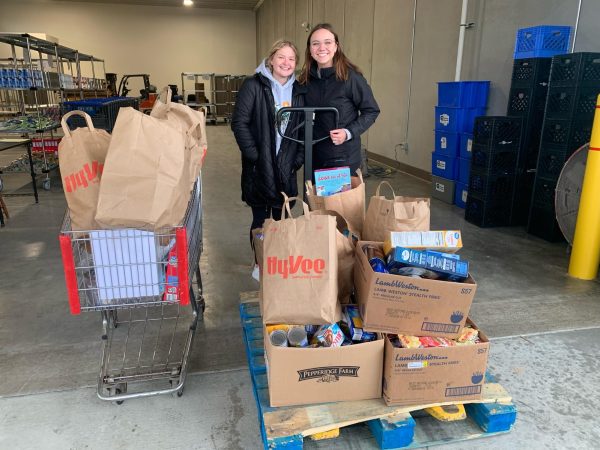
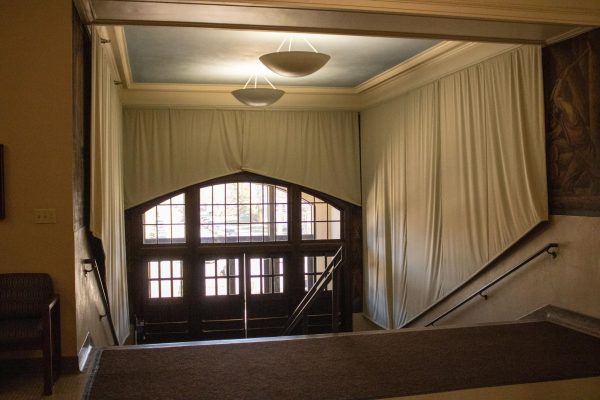

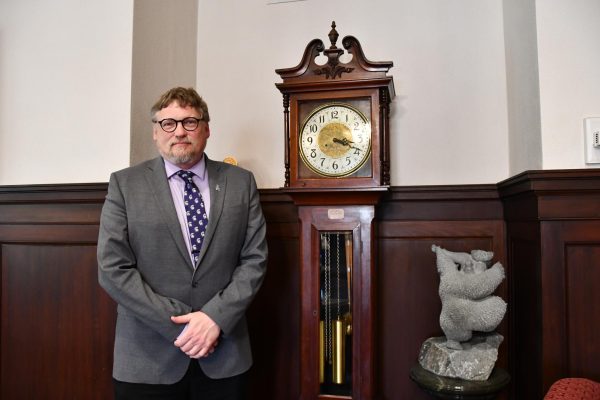
Jeanne Franz • Dec 29, 2020 at 11:17 am
Jeanne is a very strange person.